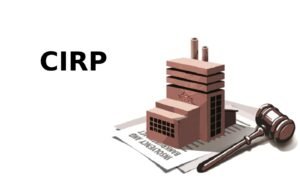Section 28 Contract Act: Clause Barring Payment Of Interest Not Hit
Case: Garg Builders Vs Bharat Heavy Electricals Limited
Coram: Justices S. Abdul Nazeer and Krishna Murari
Case: CA 6216 OF 2021
Court Observation: “Exception I to Section 28 saves contracts where the right to move the Court for appropriate relief is restricted but where the parties have agreed to resolve their dispute through arbitration. Thus, a lawful agreement to refer the matter to arbitration can be made a condition precedent before going to courts and it does not violate Section 28. No cause of action then accrues until the Arbitrator has made the award and the only amount awarded in such arbitration is recoverable in respect of the dispute so referred. Section 31(7)(a) of the 1996 Act which allows parties to waive any claim to interest including pendente lite and the power of the Arbitrator to grant interest is subject to the agreement of the parties.”
“It is pertinent to note that interest payments are governed in general by the Interest Act, 1978 in addition to the specific statutes that govern an impugned matter. Section 2 (a) of the Interest Act defines a “Court” which includes both a Tribunal and an Arbitrator. In turn, Section 3 allows a “Court” to grant interest at prevailing interest rates in various cases. The provisions of Section 3 (3) of the Interest Act, 1978 explicitly allows the parties to waive their claim to an interest by virtue of an agreement. Section 3(3)(a)(ii) states that the Interest Act will not apply to situations where the payment of interest is “barred by virtue of an express agreement”
“Thus, when there is an express statutory permission for the parties to contract out of receiving interest and they have done so without any vitiation of free consent, it is not open for the Arbitrator to grant pendent lite interest. We are of the considered opinion that Clause 17 of the contract is not ultra vires in terms of Section 28 of the Indian Contract Act, 1872”
[doc id=11082]
Previous Posts
Order VI Rule 4 CPC – Fraud, Misrepresentation Or Undue Influence Can’t Be Proved If Specific Pleadings Are Absent: Supreme Court Download Judgement




